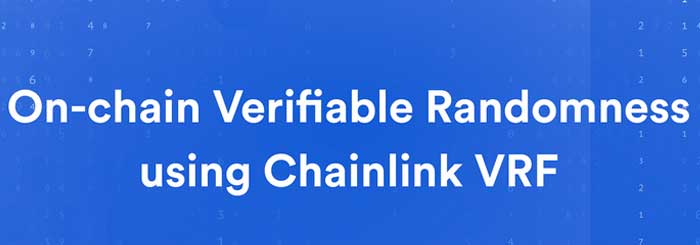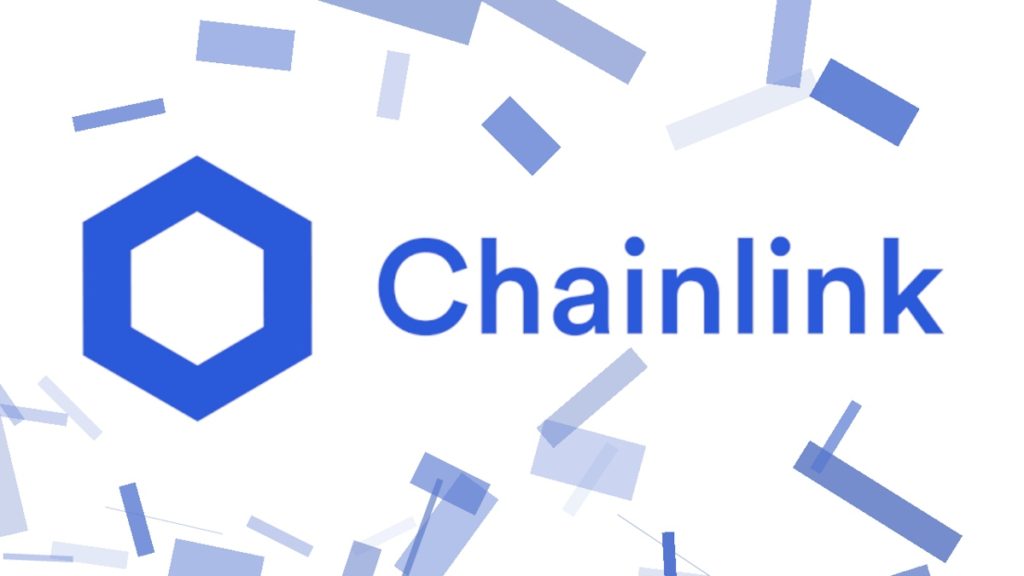Chainlink launched a new product to grow its presence on the oracle ecosystem and provide more advanced features to blockchain developers.
Verifiable Randomness Function or VRF is the unique feature inside Chainlink’s oracles that mostly helps the game, security, and layer two protocols. PoolTogether is one of the first platforms to use VRF as a tool to improve its winner selection process.
“We’re excited to launch a Verifiable Random Function (VRF) capability. Smart contract developers can now access verifiable randomness through #Chainlink oracles, enabling a new set of blockchain applications in gaming, security & layer-2 protocols,” tweeted Chainlink.
Accurate Randomness on Blockchain Networks
Randomness is kind of a feature that smart contract developers include in their projects to show functions beyond their control. Gaming, security, layer two protocols, and similar projects use randomness within their platforms.
Chainlink launched VRF in its oracle solutions so that developers can use the feature next o the many benefits or oracle solutions.

Smart contract developers need to focus on security in their projects, so the users and organizations can trust them in implementing the contracts. Many of them use randomness as a critical input, but consider the risk of manipulation to the randomness itself. The randomness should be provably fair and equally uncertain to all participants. Therefore, solutions that provide verified randomness can be a big step toward more security and reliability.
“Chainlink VRF seeks to meet both of these requirements by delivering its randomness along with cryptographic proofs that can be verified on-chain, showing that the randomness is indeed unpredictable,” said Chainlink in an announcement post.
Chainlink believes that current randomness tools have some security risks. Some of them are not accessible or compatible with smart contracts. The other problem is the centralized nature of them that causes the risk of manipulation. After all, using those solutions needs high trust from the end-users of the application.
Chainlink VRF works within oracle solutions. A smart contract sends a seed as a request for randomness.
The oracle uses the unpredictable seed to generate a random number and sends it back to the on-chain smart contract.
“ When the result is published on-chain along with a proof, it is verified using the oracle’s public key and the application’s seed,” according to Chainlink.












